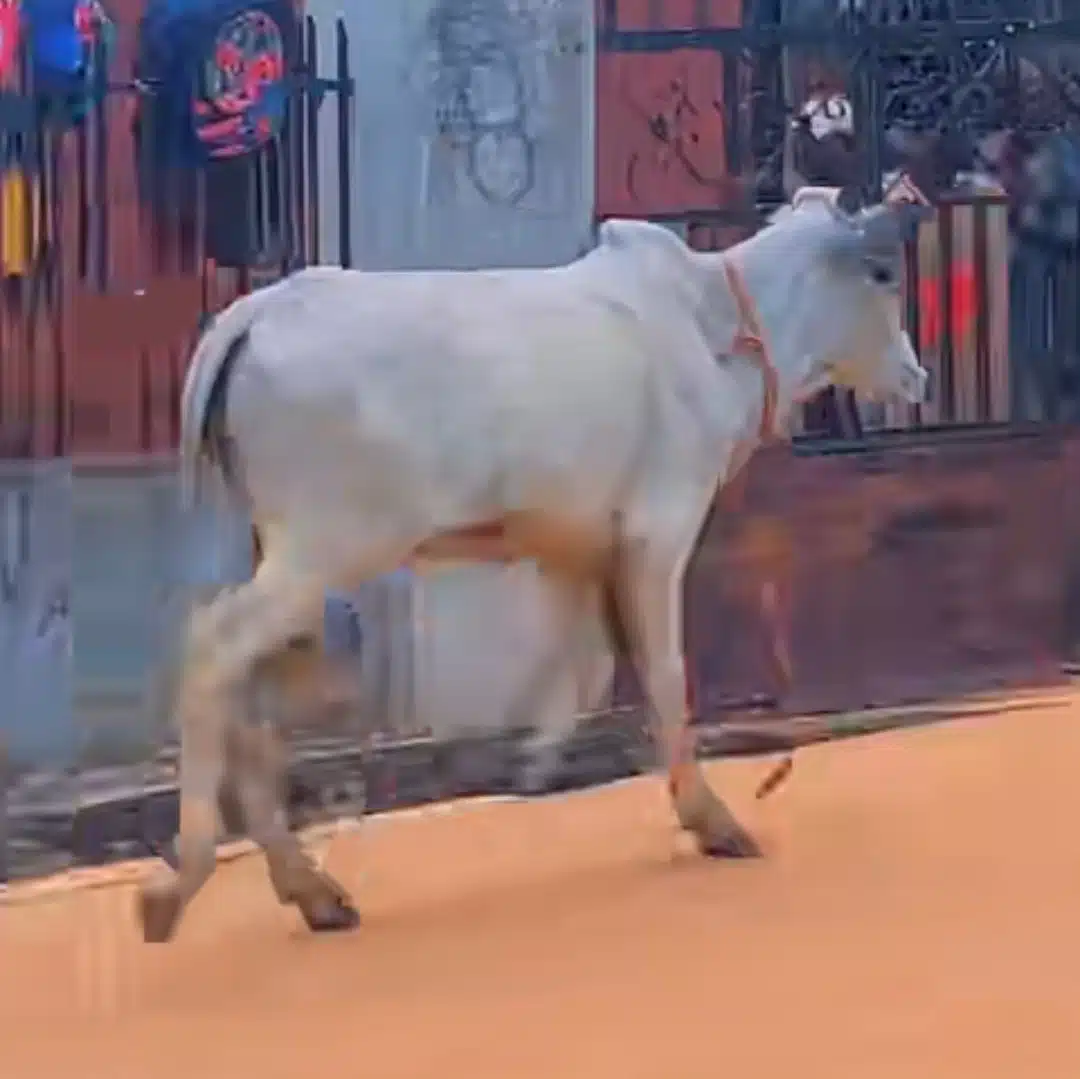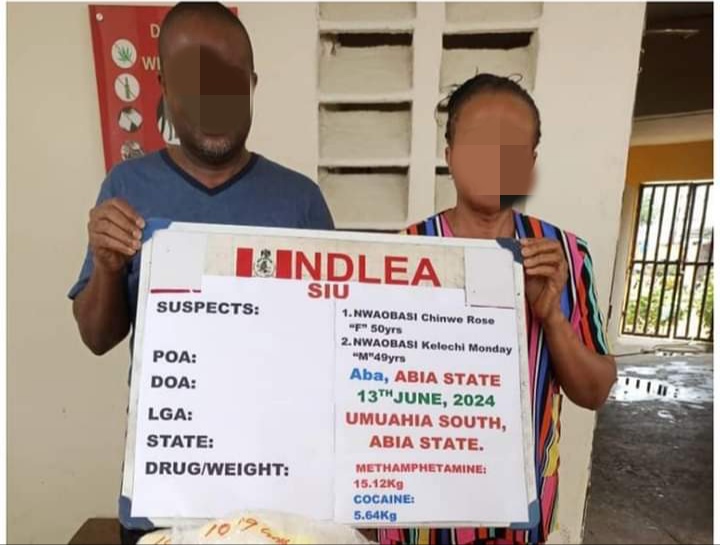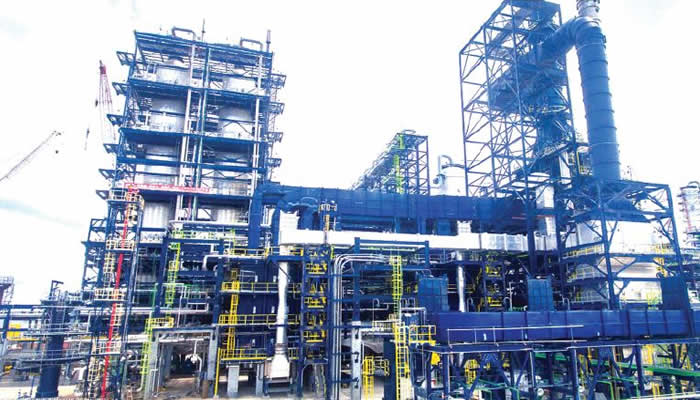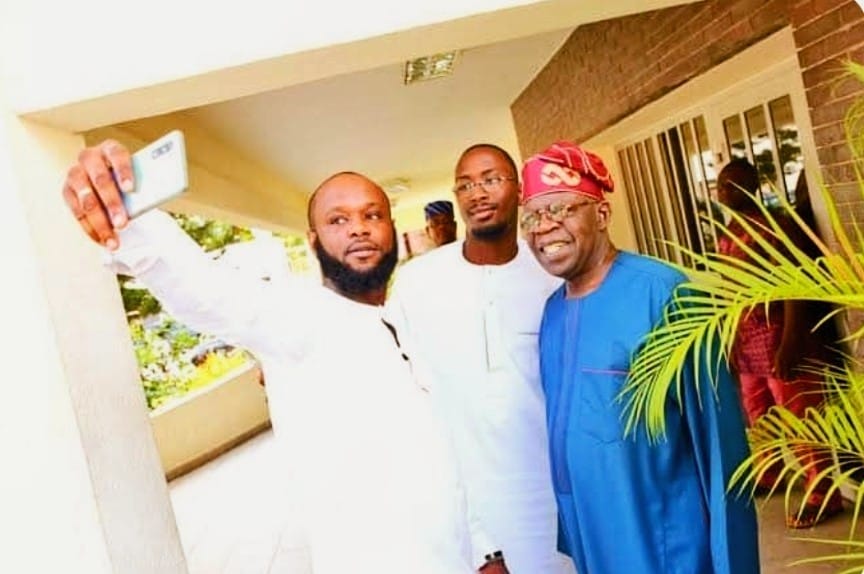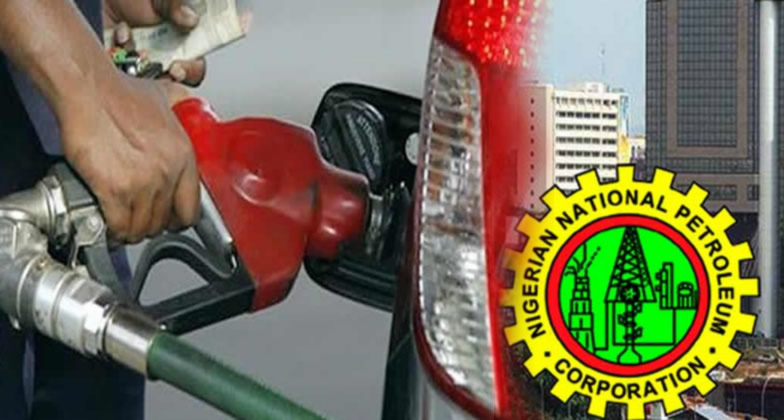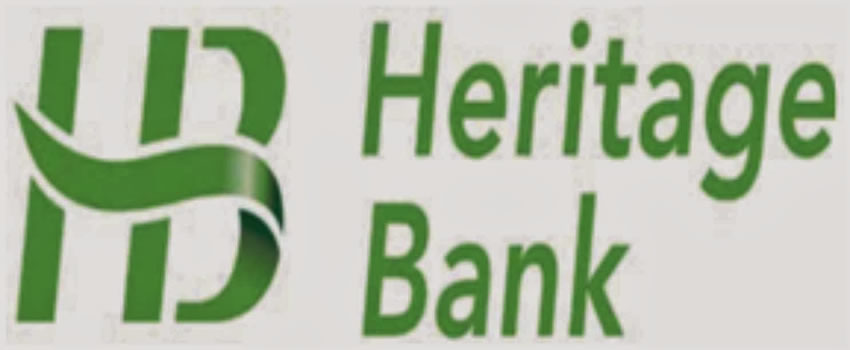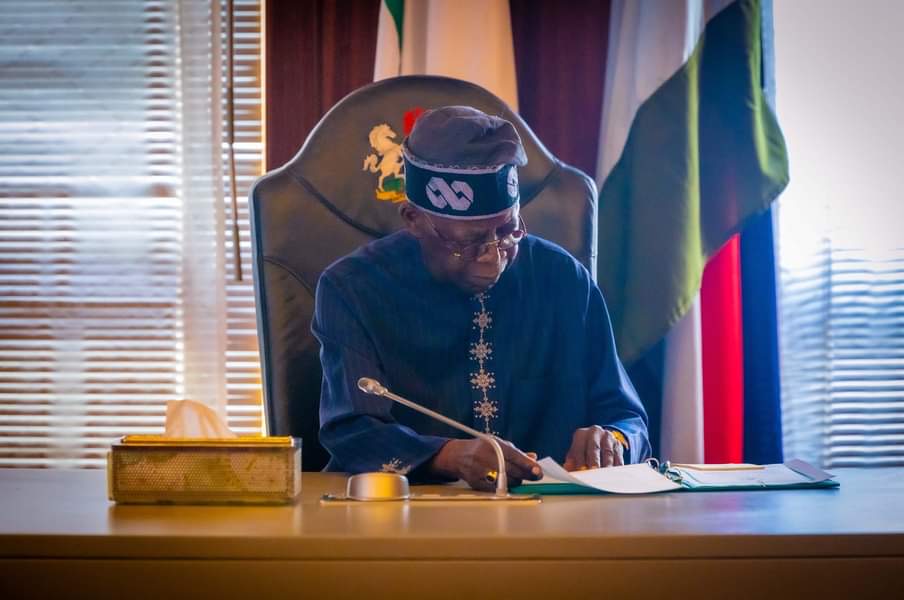The Federal Government FG on Wednesday admonished organised Labour to consider the broader economic implications of its push for an unrealistic higher national minimum wage.
The Minister of Information and National Orientation, Mohammed Idris, who handed down the admonition, hinted that the N250,000 minimum wage demanded by labour could undermine the economy, lead to mass retrenchment of workers and jeopardise the welfare of Nigerians.
However, the labour unions refuted President Bola Tinubu’s claims during his Democracy Day broadcast on Wednesday that an agreement had been reached on the new national minimum wage.
Acting President of the Nigeria Labour Congress, Prince Adewale Adeyanju, said as of the time negotiations ended on June 7, no agreement had been reached by the Tripartite Committee on the National Minimum Wage.
Adeyanju is acting on behalf of the NLC president, Joe Ajaero, who is attending an International Labour Organisation conference in Geneva, Switzerland.
Tinubu drew the ire of the unions after stating that his administration would soon submit an executive bill to the National Assembly to codify the agreements reached in the minimum wage negotiations between Labour, the private sector, the states and the Federal Government.
The parties had engaged in prolonged talks for weeks with the unions insisting on N250,000 minimum wage while the Federal Government and the Organised Private Sector offered N62,000.
However, the state governors said they would not be able to sustain any minimum wage higher than N60,000.
Dismissing the offers made by the Federal Government and the OPS, the labour unions said they would not negotiate what they described as ‘starvation wage.’
N62,000 not acceptable
The Assistant General Secretary of the NLC, Chris Onyeka, said Labour would not accept the latest offer of N62,000 and the N100,000 proposal made by some individuals and economists.
This was as the NLC President, Joe Ajaero, said the unionists were waiting on the President to consider Labour’s proposal.
But speaking at the opening of the 2024 Synod of the Charismatic Bishops Conference of Nigeria in Abuja on Wednesday, the information minister emphasised the imperative of a realistic wage system that safeguards against mass retrenchment while addressing workers’ needs.
Idris restated the government’s dedication to reassessing the minimum wage but cautioned against demands that could disrupt the economy.
He stated, “As I have repeatedly said, the Federal Government is not opposed to the increase of wages for Nigerian workers but we keep on advocating for a realistic and sustainable wage system for the workers – a wage system that will not undermine the economy, lead to mass retrenchment of workers and jeopardise the welfare of about 200 million Nigerians.
“We want the labour unions to understand that the relief that Nigerians are expecting, and that they fully deserve, will not come only in the form of an increase in wages.”
He highlighted the ongoing efforts to alleviate the cost of living, citing initiatives like the Presidential Compressed Natural Gas programme aimed at reducing transportation expenses by 50 per cent.
While advocating wage increases, Idris stressed the importance of holistic relief measures beyond salary adjustments, urging Labour to recognise the significance of programmes like the CNG initiative in enhancing citizens’ purchasing power.
“It will also come as an effort to reduce the cost of living and to ensure that more money stays in the pockets of Nigerians. And this is where programmes like the Presidential CNG initiative come in.
“By replacing or complementing petrol usage with CNG, that programme alone will cut transportation costs by as much as 50 per cent,” he claimed.
The minister called on religious leaders to assist in raising public awareness about government initiatives and efforts.
Religious leaders
He stressed the crucial role of the clergy in disseminating information about available opportunities and the government’s ongoing efforts.
“As a government, we need your support, advice, and feedback,” Idris stated.
“Very importantly, we need you to be aware of the efforts being made and the challenges being faced so that you can help us communicate these to your congregations and the general public,” he added.
The minister highlighted the influential platforms of religious leaders, noting their potential to enlighten Nigerians on their rights, responsibilities, and the economic opportunities provided by the policies under the President’s Renewed Hope Agenda.
The agenda, he noted, aimed to promote economic rebirth, strengthen national security, boost agriculture and food security, and transform infrastructure and transportation.
“Information and awareness are critical, and this is where our religious leaders come in. You have very influential platforms that can enlighten Nigerians on their rights, responsibilities, and the abundance of economic opportunities being thrown up by the policies and programmes being implemented under the Renewed Hope Agenda of President Bola Tinubu,” he explained.
In his remarks, the National President of the Charismatic Bishop Conference, Archbishop Leonard Kawas, reaffirmed the organisation’s unwavering support for Tinubu’s administration, emphasising their commitment to collaborative efforts to realise the nation’s collective aspirations.
‘No agreement yet’
In their reaction to the President’s national broadcast, Adeyanju disagreed with Tinubu’s statement that his administration negotiated in good faith and with open arms with Organised Labour on the new national minimum wage.
Tinubu during his broadcast stated, “In this spirit, we have negotiated in good faith and with open arms with organised Labour on a new national minimum wage. We shall soon send an executive bill to the National Assembly to enshrine what has been agreed upon as part of our law for the next five years or less.
“In the face of labour’s call for a national strike, we did not seek to oppress or crack down on the workers as a dictatorial government would have done. We chose the path of cooperation over conflict.
“No one was arrested or threatened. Instead, the labour leadership was invited to break bread and negotiate toward a good-faith resolution.
“Reasoned discussion and principled compromise are hallmarks of democracy. These themes shall continue to animate my policies and interaction with the constituent parts of our political economy.”
But Adeyanju in a statement dismissed the President’s assertion, insisting that he might have been misled by his advisers, noting that two figures- N250,000 from Organised Labour and N62,000 from the government and the OPS- were arrived at and ought to have been submitted to Tinubu.
According to the NLC official, anything to the contrary is not only doctored but won’t be accepted by Labour.
The congress maintained its stance on the N250,000 minimum wage, rejecting the government’s offer of N62,000 as grossly inadequate.
The statement read in part, “The NLC would have expected that the advisers of the President would have told him that we neither reached any agreement with the Federal Government and the employers on the base figure for a National Minimum Wage nor on its other components.
“Our demand still remains N250,000 only and we have not been given any compelling reasons to change this position which we consider a great concession by Nigerian workers during the tripartite negotiation process.
“We are therefore surprised at the submission of Mr President over a supposed agreement. We believe that he may have been misled into believing that there was an agreement with the NLC and TUC.
“There was none and it is important that we let the President, Nigerians and other national stakeholders understand this immediately to avoid a mix-up in the ongoing conversation around the national minimum wage.”
Adeyanju alleged that the labour leaders were intimidated by security agencies during the minimum wage talks.
“Fully armed soldiers surrounded us while we were in a negotiation with the government and despite denials; recent statements by senior officials of the government reaffirmed our fears contrary to the assurances by the government.
“However, we remain assured that the President’s democratic credentials will come to the fore in favour of Nigerian workers and masses,’’ he expressed optimism.
According to the union, the Democracy Day celebration was an opportunity for the President to demonstrate his love for Nigerian workers and the masses by shunning the advice that may be coming from ‘’those whose intentions were continuously focused on hurting Nigeria’s poor and struggling workers.’’
He appealed, “Mr President should not allow these individuals and groups to sabotage his promise of lifting Nigerian workers out of poverty.
“The President’s advisers obviously did not tell him the truth that the leaders of the trade unions were intimidated and harassed. It is therefore important that Mr President understands that we were threatened severally by his operatives perhaps without his consent.
“Series of media propaganda calculated to intimidate and harass us were, and, are still being waged against the trade unions by senior officials of this government. “
The NLC noted that there was no agreement as regards the duration of the Minimum Wage Act.
“It is also important that Mr President should know that most of his officers are working round-the-clock to set up the leadership of congress and the trade unions.
“We never agreed on a five-year duration of the Minimum Wage Act, though we acknowledge that the President mentioned five years or less.
“We also agreed that inflation should be pegged at a level for a certain amount to be agreed as minimum wage. This is to bring clarity to what the report should contain.
“Once again, we reiterate that it will be extremely difficult for Nigerian workers to accept any national minimum wage figure that approximates a starvation wage. We cannot be working and yet remain in abject poverty.
“We seek justice, equity, and fairness for all Nigerians, and this we hope would also drive the actions of Mr President who promised a Living Wage to Nigerian workers. This is an opportunity to show that he listens to Nigerians as he promised,” the labour movement said.
OPS speaks
Also commenting on the presidential broadcast, the Nigerian Association of Chambers of Commerce, Industry, Mines, and Agriculture, stated that no consensus had been reached on the national minimum wage.
The NACCIMA President, Dele Oye, who is part of the 37-member tripartite committee, said the panel was still in the middle of negotiation, faulting the contradictory statements being made on the talks.
“No agreement has been reached with Labour; however, it is wrong to make a press statement in the middle of negotiations apart from appealing to all parties involved to work harder to resolve outstanding issues, as the impasse is already creating uncertainty in the ability of businesses to make decisions,” he admonished.
In January, the government inaugurated the tripartite committee on the national minimum wage.
The committee was tasked with the responsibility of recommending a new national minimum wage for Nigerian workers.
Over the past few months, the federal and state governments, organised labour, and representatives of the private sector have been deliberating on a new minimum wage for workers.
However, the demand by organised labour regarding the minimum wage has yet to be met.
On June 3, the Nigeria Labour Congress and Trade Union Congress embarked on an indefinite nationwide strike to protest against the government’s inability to meet their minimum wage demand.
Twenty-four hours later, the labour unions “relaxed” the strike by one week.
